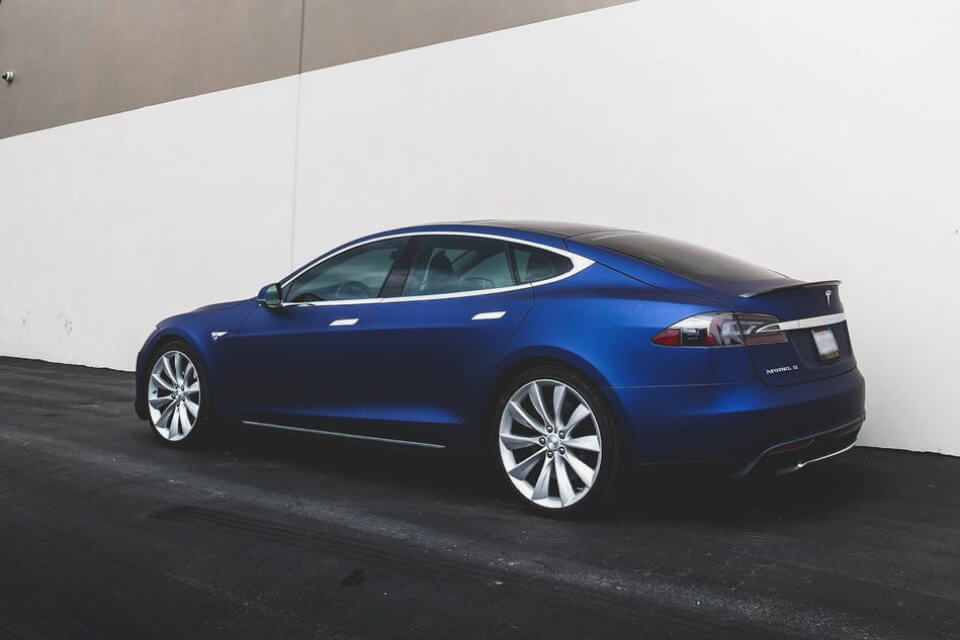In today’s world, where fuel prices are constantly on the rise, implementing effective fuel-saving tips has become essential for every driver. Whether you’re commuting to work or embarking on a road trip, understanding how to maximize your vehicle’s fuel efficiency can lead to significant savings. From simple driving habits to regular vehicle maintenance, there are numerous strategies that can help you reduce fuel consumption and lower your overall expenses.
In this article, you will discover a variety of practical fuel-saving tips that can easily be integrated into your daily routine. We will explore the impact of driving speed on fuel efficiency, the importance of regular vehicle maintenance, and how proper tire inflation can make a difference. Additionally, we will delve into the benefits of planning your routes and avoiding unnecessary idling, which can further enhance your fuel economy.
By the end of this article, you will be equipped with valuable knowledge that not only helps you save money but also contributes to a more sustainable environment. So, buckle up and get ready to learn how to drive smarter and save more on fuel. Let’s dive into these essential tips that can transform your driving experience!
Regular Vehicle Maintenance
One of the most effective fuel-saving tips is to ensure your vehicle is regularly maintained. Regular oil changes, air filter replacements, and spark plug inspections can significantly improve your car’s fuel efficiency. A well-maintained engine runs more smoothly and consumes less fuel, which not only saves you money but also reduces emissions.
Additionally, keeping your tires properly inflated is crucial. Under-inflated tires create more rolling resistance, which means your engine has to work harder, leading to increased fuel consumption. Regularly checking tire pressure and alignment can help you achieve optimal fuel efficiency.
Driving Habits and Techniques
Your driving style plays a significant role in fuel consumption. Aggressive driving, such as rapid acceleration and hard braking, can decrease your vehicle’s fuel efficiency by up to 30%. Adopting smoother driving techniques, such as gradual acceleration and maintaining a steady speed, can help you save fuel.
Using cruise control on highways can also contribute to better fuel economy. It helps maintain a constant speed, which is more efficient than fluctuating speeds. Additionally, avoiding excessive idling and turning off the engine when parked can further enhance fuel savings.
Weight Management and Cargo Loading
Another important aspect of fuel-saving tips is managing the weight of your vehicle. Extra weight can significantly impact fuel efficiency, especially in smaller cars. Removing unnecessary items from your trunk and avoiding carrying heavy loads can help improve your car’s performance.
Furthermore, roof racks and cargo carriers can create additional drag, which can reduce fuel efficiency. If you don’t need them, consider removing these accessories when not in use. Keeping your vehicle as light and aerodynamic as possible will contribute to better fuel economy.
Fuel Type and Quality
Choosing the right fuel type for your vehicle is essential for optimal performance and fuel efficiency. Always refer to your owner’s manual to determine the recommended fuel grade. Using a higher octane fuel than necessary does not improve performance and can lead to unnecessary expenses.
Moreover, using high-quality fuel can also make a difference. Some fuel brands offer detergents and additives that help keep your engine clean, which can enhance fuel efficiency. Regularly filling up at reputable gas stations can ensure you are using quality fuel that benefits your vehicle.
Utilizing Technology and Apps
In today’s digital age, various technologies and applications can assist in fuel-saving efforts. GPS navigation systems can help you find the most efficient routes, avoiding traffic congestion and reducing travel time. Some apps also provide real-time fuel price comparisons, allowing you to find the best deals in your area.
Additionally, many modern vehicles come equipped with fuel economy monitors that provide feedback on your driving habits. Utilizing these tools can help you make informed decisions and adjust your driving style to maximize fuel savings.
Implementing fuel-saving strategies can significantly reduce your fuel expenses and minimize your carbon footprint. Below is a summary of effective tips to save fuel.
| Tip | Description |
|---|---|
| Maintain Your Vehicle | Regular maintenance, including oil changes and air filter replacements, ensures your vehicle runs efficiently. |
| Check Tire Pressure | Keeping tires properly inflated can improve fuel efficiency by up to 3%. |
| Drive Smoothly | Avoid rapid acceleration and hard braking. Smooth driving can enhance fuel economy. |
| Reduce Weight | Remove unnecessary items from your vehicle to decrease weight and improve fuel efficiency. |
| Limit Air Conditioning Use | Using air conditioning can increase fuel consumption. Use it sparingly, especially at lower speeds. |
| Plan Your Trips | Combine errands into one trip to reduce the total distance traveled and save fuel. |
| Use Cruise Control | On highways, using cruise control can help maintain a constant speed and improve fuel efficiency. |
| Choose the Right Fuel | Use the recommended fuel type for your vehicle. Higher octane fuel is not always better for all cars. |
| Limit Idling | Turn off your engine when parked or waiting for extended periods to save fuel. |
| Drive at Moderate Speeds | Driving at high speeds can significantly decrease fuel efficiency. Aim for moderate speeds. |



